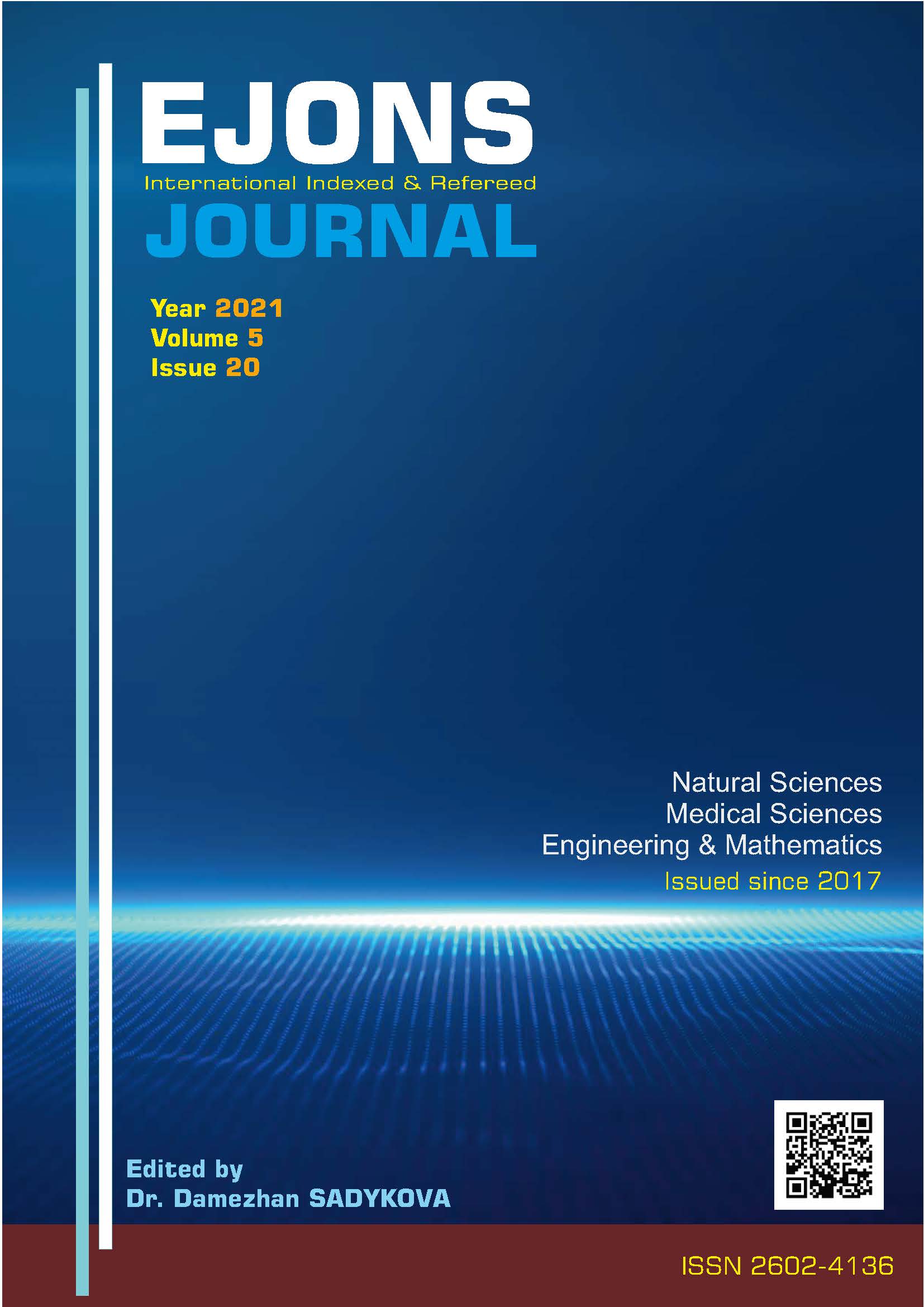Investigation of the Expression of Autophagy Related SQSTM1 Gene of MMTV-TGF- ? Trangenic Mice with a Calorie Restricted Diet
DOI:
https://doi.org/10.38063/ejons.546Keywords:
Calorie restriction, breast cancer, autophagy, oxidative stress, RNA-seq, Real Time PCRAbstract
Autophagy is a mechanism that causes intracellular macromolecules and organelles to be taken into a vesicle and combined with the lysosome to degragate. Long-lived proteins and intracellular organelles are degregated by autophagy and the resulting building blocks (eg amino acids) are re-used in the cell. Reactive oxygen species (ROS) have been shown to be involved in autophagic vesicle formation and in regulating the role of autophagy in cell death or survival. Reactive oxygen species in low concentration; It is necessary for various physiological processes such as cell adhesion, apoptosis, cellular signaling, transcription factor activity, reduction of damage, reduction of tumor probability, reduction of pathogenic phenomena, alteration of immune functions. Different stressors that induce autophagy, such as starvation and hypoxia, can increase ROS production. Calorie restriction is practiced by reducing calorie intake without malnutrition, and there is ample evidence that it increases lifespan in vertebrates and invertebrates. The thymus, like other lymphoid organs, responds rapidly to nutrient deficiency. In studies of calorie restriction in rodents, Intermittent Calorie Restriction (ICR) has been reported to be a more effective experimental manipulation in suppressive tumor development, auto-immunity suppression and prolongation of lifespan compared to Chronic Calorie Restriction (CCR) and Ad Libitum (AL) feeding. Our group previously obtained 3 RNA-Seq data using next-generation sequencing technology from thymus tissues of 18-week-old MMTV-TGF ? (Mouse Tumor Virus Transforming Growth Factor ?) mice that were fed 2 different calorie restrictions and normally. As a result of bioinformatic analysis, a total of 916091 differentially expressed genes (DEG) were detected (p<0.05). In this study, autophagy and oxidative stress-related SQSTM1 gene whose expression changed in RNA-Seq DEG data due to calorie restrictions were determined. The expressions of these genes were validated by Real Time PCR (RT-PCR). cDNA was synthesized from total RNA obtained from thymus tissues of mice at 18-weeks of life, and RT-PCR was performed using gene-specific primers. In the analysis of RT-PCR data, it was aimed to investigate the differences in expression levels of this gene in the early, mid and late stages of life. According to the results of our analysis, it was observed that DEGs in these genes were higher among AL-CCR and CCR-ICR diet groups than among AL groups. These results indicated that the expression of autophagy and oxidative stress genes was altered by chronic calorie restriction. According to our findings, there was a difference in expression in AL, CCR and ICR diet types. The results were parallel to the DEG results and the RNA-seq transcription result was supported. This result will provide new clues for studies of calorie restriction, autophagy, oxidative stress, immune system and cancer development.
Downloads
Published
How to Cite
Issue
Section
License

This work is licensed under a Creative Commons Attribution-NonCommercial 4.0 International License.


